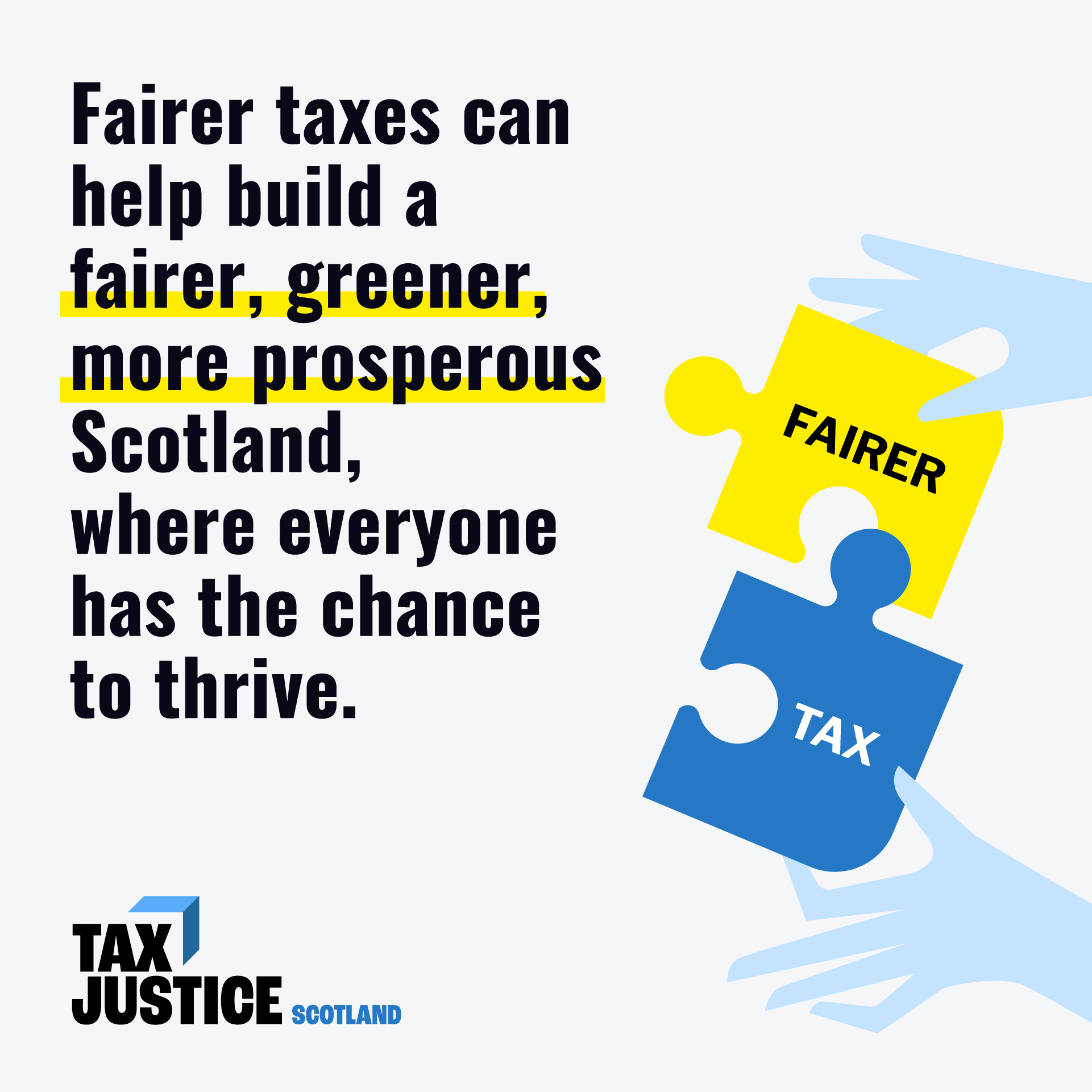By Jamie Livingstone
Is the draft Budget really, as the Scottish Government claims, “filled with hope for Scotland’s future”?
The commitment to mitigate the UK Government’s cruel and punitive two-child limit, one that hits single parent families hard, is certainly very positive, though families won’t benefit until at least 2026.
But next year, despite some glimmers of hope – including extra cash for the NHS – in other areas there are fewer grounds for optimism.
Capital spending, on things like buildings and equipment, is up 12% in real-terms. However, the Scottish Fiscal Commission says the 0.8% real-terms rise in day-to-day spending is actually a fall of 0.3% once social security is deducted. That will leave public services – so critical for us all, but particularly those on low-incomes – under significant strain.
While Scottish Ministers are on the brink of introducing a new National Outcome on care, the lack of ring-fenced funding for social care saw Scottish Care warn: “This is a budget that kills.”
Unpaid carers – whose work is valued at £15.9 billion annually – are likely to welcome the boost to the Short Breaks Fund and, for those able to juggle unpaid care and paid work, changes that will allow them to earn an extra £45 a week.
The value of Carer Support Payment, along with other Scottish social security entitlements, will also rise by 1.7% in line with consumer price inflation in September – though that’s just £1.39 more per week, roughly the cost of two pints of milk. And, as highlighted by the Scottish Women’s Budget Group this falls short of the 2.6% inflation forecast next year.
Similarly, despite child poverty being the First Minister’s “first priority” and calls from the End Child Poverty campaign, including CPAG Scotland, for an above inflation rise, the Scottish Child Payment will go up by just 45p per week.
The partial restoration of funding for social housing offers an important, but modest glimmer of hope, but families seeking broader action to ease living costs – such as free school meals for all Primary 6 and 7 pupils are left disappointed, though the new “Bright Start Breakfast” may offer some support to low-income families that make the cut for the pilot roll-out.
On childcare, there was little new to cheer beyond existing commitments, despite Pregnant The Screwed surveys showing that two-thirds of parents report reducing their hours or stopping working due to childcare challenges.
Elsewhere, the Scottish Government says £4.9 billion will target the climate and nature emergencies, with welcome boosts for woodland creation, peatland restoration, and offshore wind. However, while trunk road spending will grow to more than £1 billion, funding for active and sustainable travel is down 11%, despite promises to reduce car travel by a fifth by 2030.
Transformative funding has again been delayed, so Scotland must unite for climate action.
But the urgent need to spend more on such key national priorities, including legal climate and child poverty targets, far less to prepare public services for the additional demands created by demographic changes, points to tax.
The Cabinet Secretary thanked those “with the broadest shoulders who are paying a little bit more” and held firm on relatively small, and fair, differences in Income Tax compared to the rest of the UK, despite considerable pressure.
But to build a more hopeful, healthier, fairer, and more prosperous Scotland, Scottish Ministers cannot just cross their fingers and hope for overdue fair UK tax reforms, including to better tax wealth. They must reform devolved and local tax systems.
By doing so, they can combat inequality while spending more on measures to cut poverty and support a greener and fairer economy, such as public transport and person-centred employability. Fairer, and sometimes higher, taxes supports green, fair growth.
That’s one reason why over 50 organisations, including Oxfam Scotland, launched Tax Justice Scotland. We know change takes time so Scotland’s political leaders must lead the way.
Simply put: spending existing resources effectively is vital, but it’s time to stop dodging the hard decisions on tax.
Instead of merely lifting the Council Tax freeze, Ministers must end the perpetual paralysis on meaningful reform. The failure to launch an immediate property revaluation, last done in 1991, is indefensible.
Similarly, patently fair measures like a tax on those travelling by climate-wrecking private jets from Scotland’s airports – with nearly 13,000 recorded flights in 2023 – cannot remain on the runway.
Yet the Institute for Fiscal Studies says the new Tax Strategy “does not inspire confidence that much-needed reform will actually happen”. IPPR Scotland urges “a serious national debate” on how sufficient tax revenues can be generated fairly and sustainably.
Right now, the Strategy’s lack of detail and focus on “stability” is worrying.
No-one pretends that fair tax reform will be easy, but the tried, tested and failed hiding place of the long grass must be avoided if Scotland is to truly be filled with hope for the future.
This article originally appeared in Third Force News.
